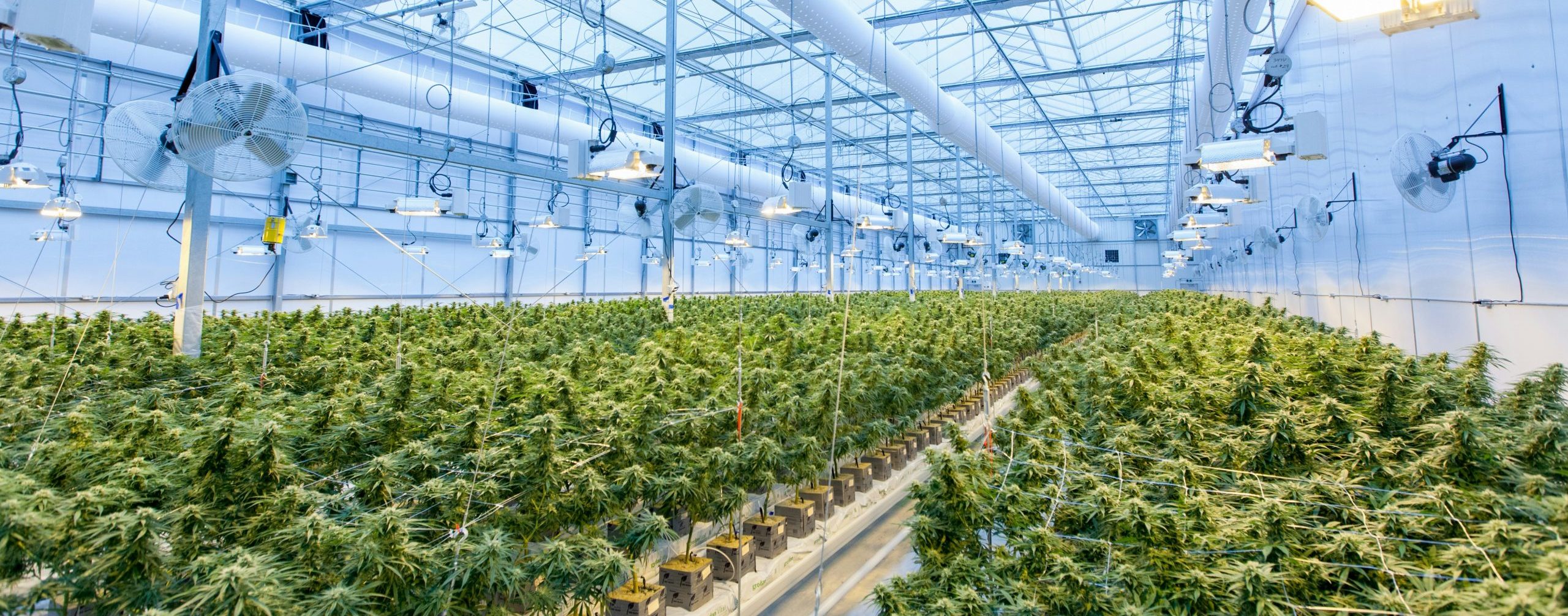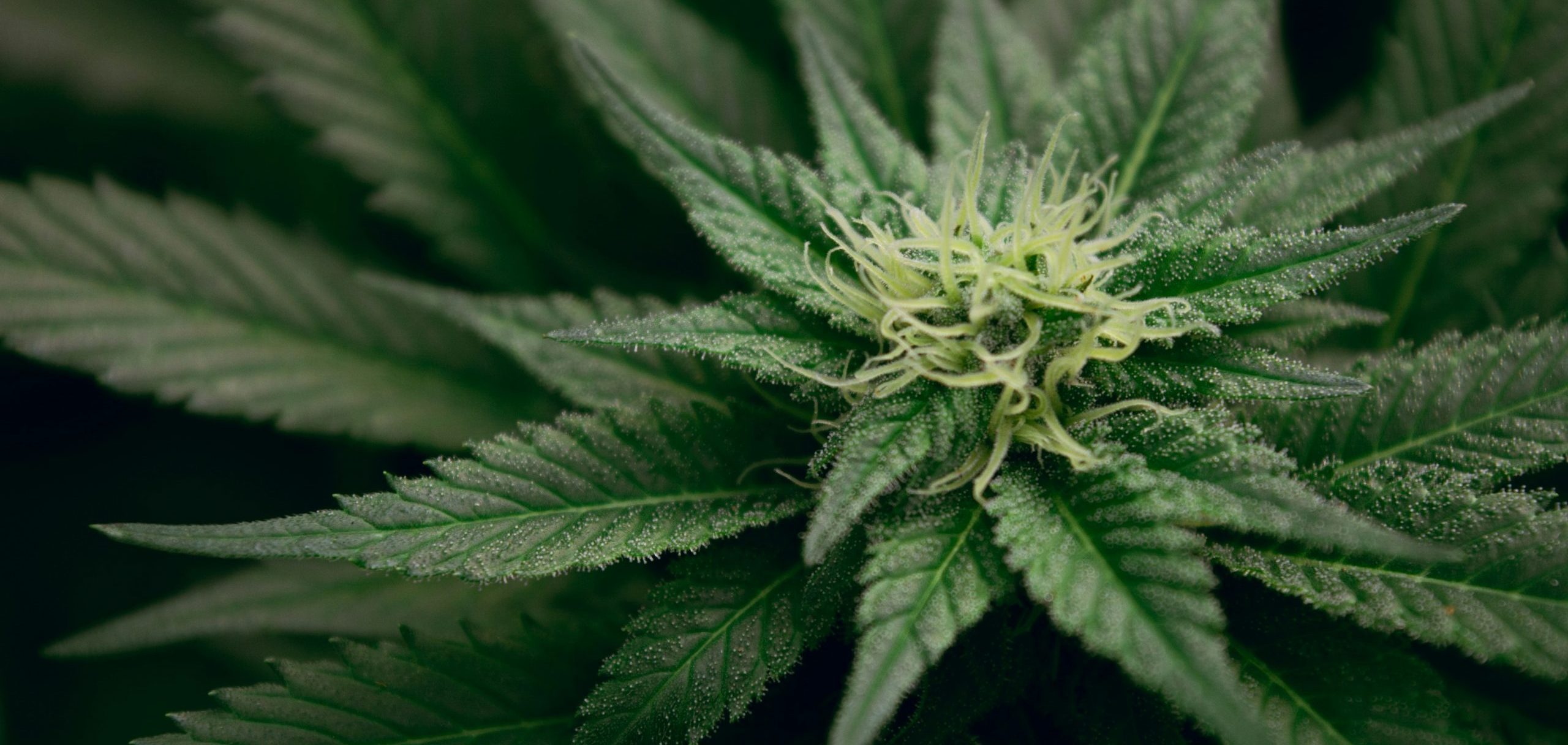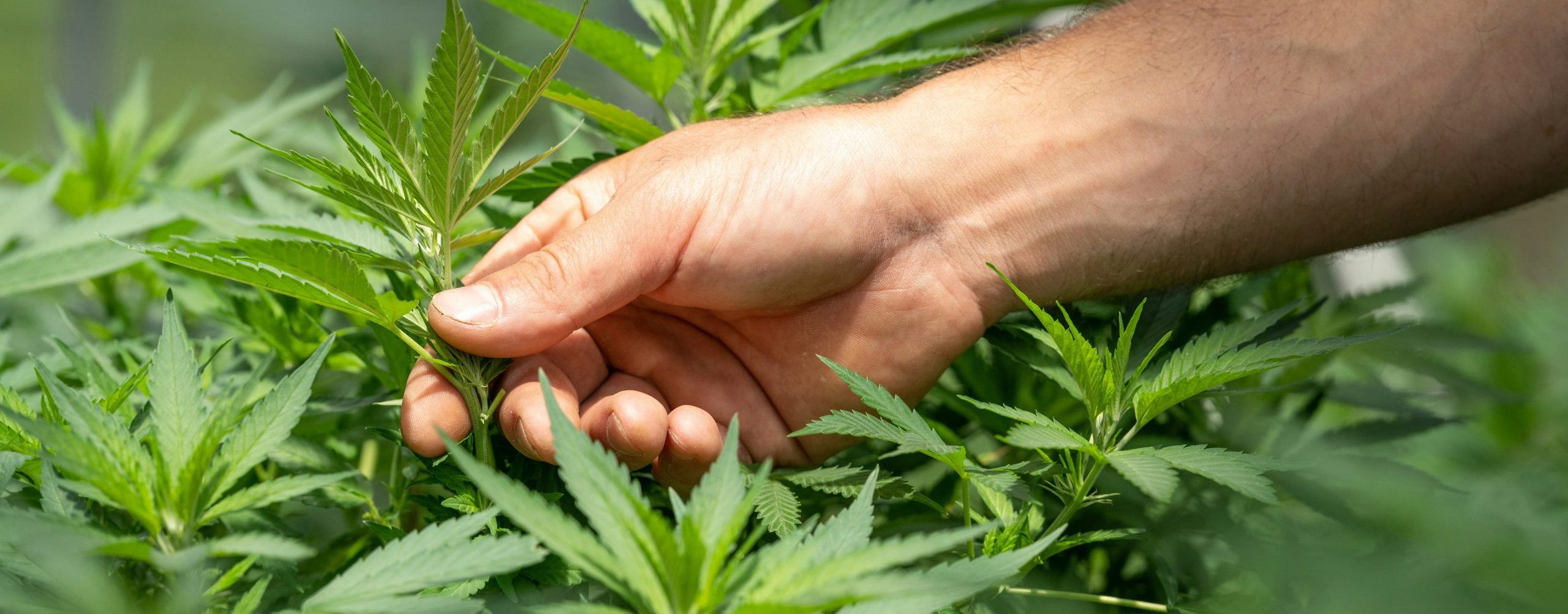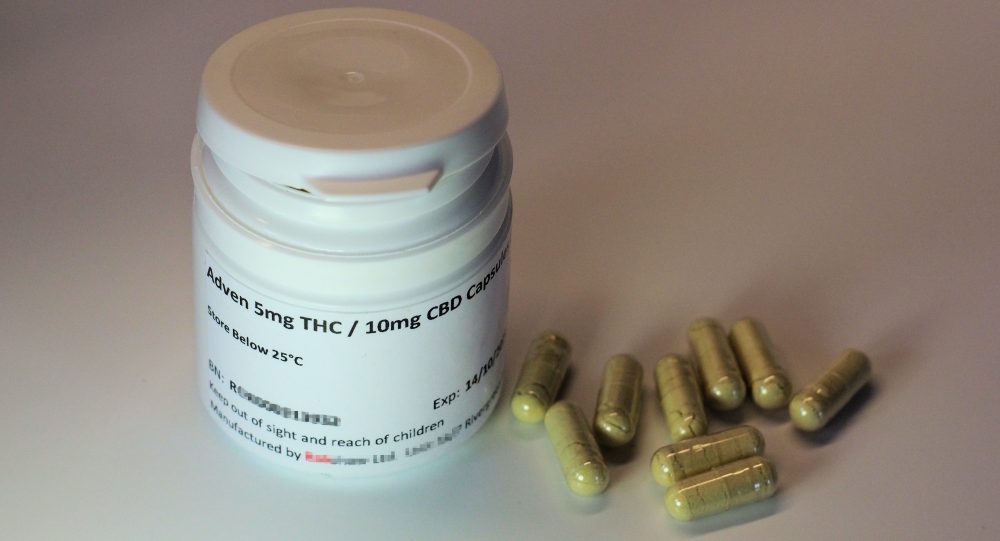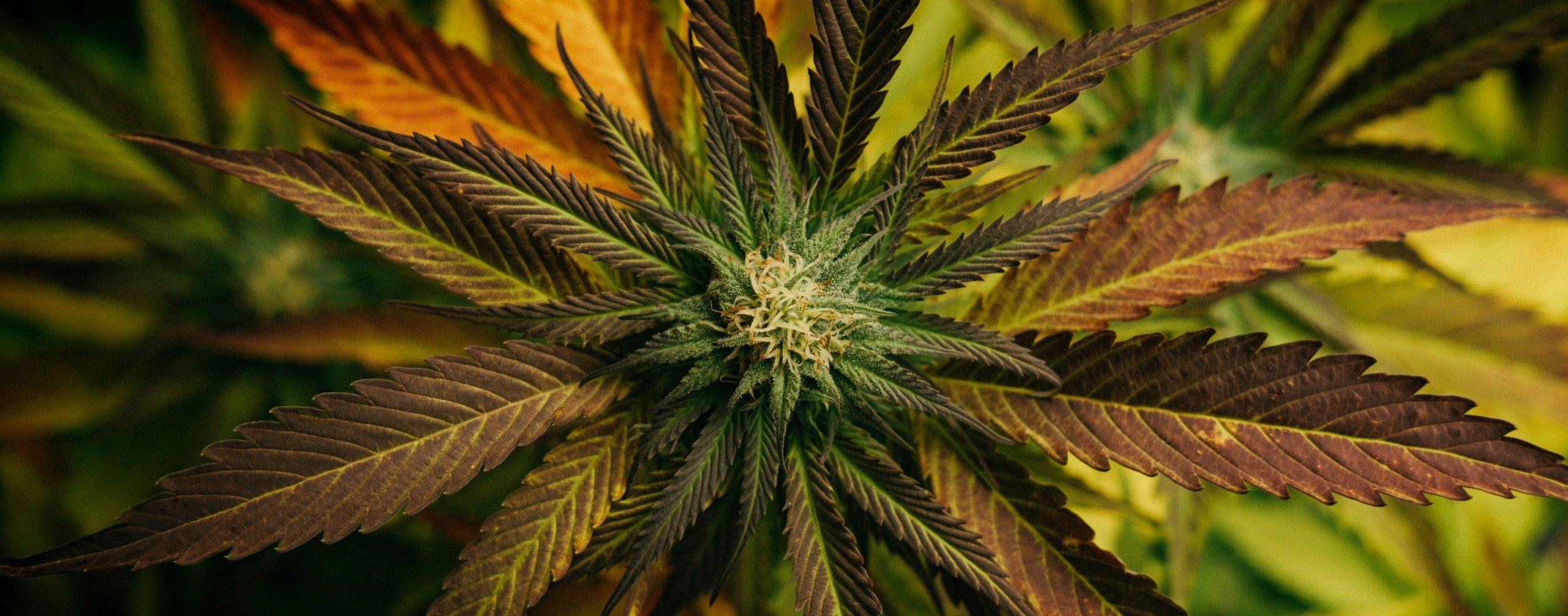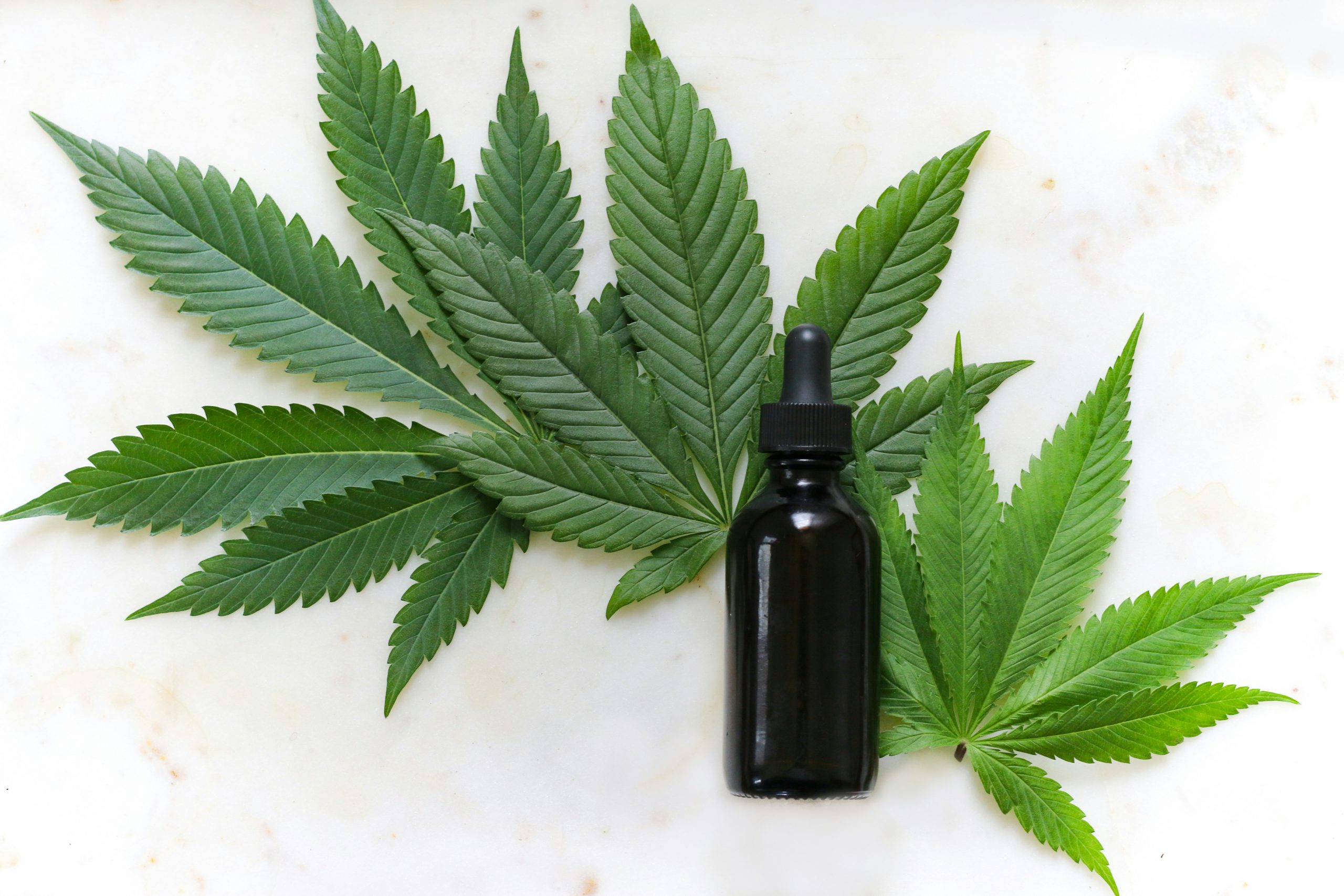In recent years, the discussion surrounding medicinal cannabis has gained significant momentum across the globe, and Australia is no exception. As more countries explore the potential therapeutic benefits of cannabis-derived products, it is essential to understand the current landscape of medicinal cannabis in Australia.
Introduction to Medicinal Cannabis
Medicinal cannabis refers to cannabis-derived products prescribed by healthcare professionals for the treatment of various medical conditions. Unlike recreational or adult-use cannabis, medicinal cannabis is subject to strict regulations and quality control measures to ensure safety and efficacy.
The legal status of medicinal cannabis in Australia has evolved over the years. While cannabis remains a controlled substance, the Therapeutic Goods Administration (TGA) has implemented a regulatory framework for the prescription and use of approved medicinal cannabis products. This framework aims to balance the potential therapeutic benefits with appropriate safety measures.
Types of Medicinal Cannabis Products
Medicinal cannabis products can vary in their composition and the ratio of active compounds. The two primary compounds found in cannabis are cannabidiol (CBD) and tetrahydrocannabinol (THC).
- CBD-dominant products: CBD is a non-psychoactive compound known for its potential therapeutic properties, such as anti-inflammatory and anti-anxiety effects. CBD-dominant products are available in Australia and may be prescribed for various medical conditions.
- THC-dominant products: THC is the primary psychoactive compound in cannabis, responsible for the “high” associated with recreational use. However, THC also has potential medical applications, such as pain relief and appetite stimulation. THC-dominant products are available in Australia under strict regulations.
- Balanced CBD/THC products: Some products contain a balanced ratio of CBD and THC, allowing for potential synergistic effects between the two compounds, commonly referred to as the “entourage effect.” These products aim to provide a comprehensive approach to symptom management.
Medical Conditions Treated with Cannabis
While research is ongoing, medicinal cannabis has shown promise in the treatment of various medical conditions. Some of the conditions that may benefit from medicinal cannabis include:
- Chronic pain: Cannabis-based medications may help alleviate chronic pain associated with conditions like multiple sclerosis, fibromyalgia, and neuropathic pain. The compounds in cannabis are believed to interact with the body’s endocannabinoid system, which plays a role in pain perception and modulation.
- Multiple sclerosis: Medicinal cannabis has been explored as a treatment option for managing multiple sclerosis symptoms, such as muscle spasticity, pain, and sleep disturbances. Certain cannabis-based medications, like nabiximols (Sativex), have been approved for this purpose in some countries.
- Epilepsy: CBD-based products have shown promising results in the treatment of certain types of epilepsy, particularly in children. Products like Epidiolex, a purified CBD extract, have been approved for the treatment of rare and severe forms of epilepsy.
- Other conditions: While more research is needed, medicinal cannabis has been investigated for potential benefits in the management of cancer-related symptoms, anxiety disorders, post-traumatic stress disorder (PTSD), and other conditions.
Accessing Medicinal Cannabis in Australia
In Australia, accessing medicinal cannabis requires following a specific legal and regulatory framework. Here’s an overview of the process:
- Legal requirements and regulations: The TGA oversees the regulation of medicinal cannabis products in Australia. These products are classified as either “controlled drugs” or “prescription-only medicines,” depending on their composition and intended use.
- Process of obtaining a prescription: Patients interested in using medicinal cannabis must first consult with a healthcare professional, such as a general practitioner or specialist. The healthcare professional will evaluate the patient’s condition and determine if medicinal cannabis is an appropriate treatment option. If approved, the healthcare professional will submit an application to the TGA for access to the specific medicinal cannabis product.
- Approved products and suppliers: Once approved, patients can access medicinal cannabis products from licensed suppliers or manufacturers. Currently, there are several approved products available in Australia, including Sativex (nabiximols), Epidiolex (cannabidiol), and various other CBD and THC-based products.
Potential Benefits and Risks
While the potential therapeutic benefits of medicinal cannabis are promising, it is crucial to understand the potential risks and safety concerns associated with its use.
- Potential therapeutic benefits: Medicinal cannabis has shown promise in alleviating various symptoms and conditions, including chronic pain, multiple sclerosis, epilepsy, and others. The active compounds in cannabis interact with the body’s endocannabinoid system, which plays a role in regulating various physiological processes.
- Possible side effects and safety concerns: Like any medication, medicinal cannabis can have side effects, including impaired cognition, dizziness, dry mouth, and fatigue. Additionally, there are concerns about potential addiction risk and drug interactions, particularly with THC-containing products.
- Ongoing research and scientific evidence: While the scientific evidence supporting the use of medicinal cannabis is growing, more high-quality research is needed to fully understand its efficacy, safety, and appropriate dosing for various medical conditions. Ongoing research will help guide the responsible and evidence-based use of medicinal cannabis.
Final Thoughts
The landscape of medicinal cannabis in Australia is evolving, with increasing recognition of its potential therapeutic benefits and the implementation of regulatory frameworks to ensure safe and responsible use. While the current legal status allows for the prescription and use of approved medicinal cannabis products, it is crucial for patients to consult with healthcare professionals and follow the established protocols.
Looking ahead, the future of medicinal cannabis in Australia will likely involve continued research, potential regulatory changes, and increased accessibility for patients who may benefit from these treatments. However, it is essential to approach medicinal cannabis with caution and a commitment to scientific evidence, ensuring that its use is based on sound medical principles and prioritises patient safety.
For individuals interested in exploring medicinal cannabis as a treatment option, it is highly recommended to consult with a qualified healthcare professional and engage in open and informed discussions about the potential benefits, risks, and appropriate use of these products.

